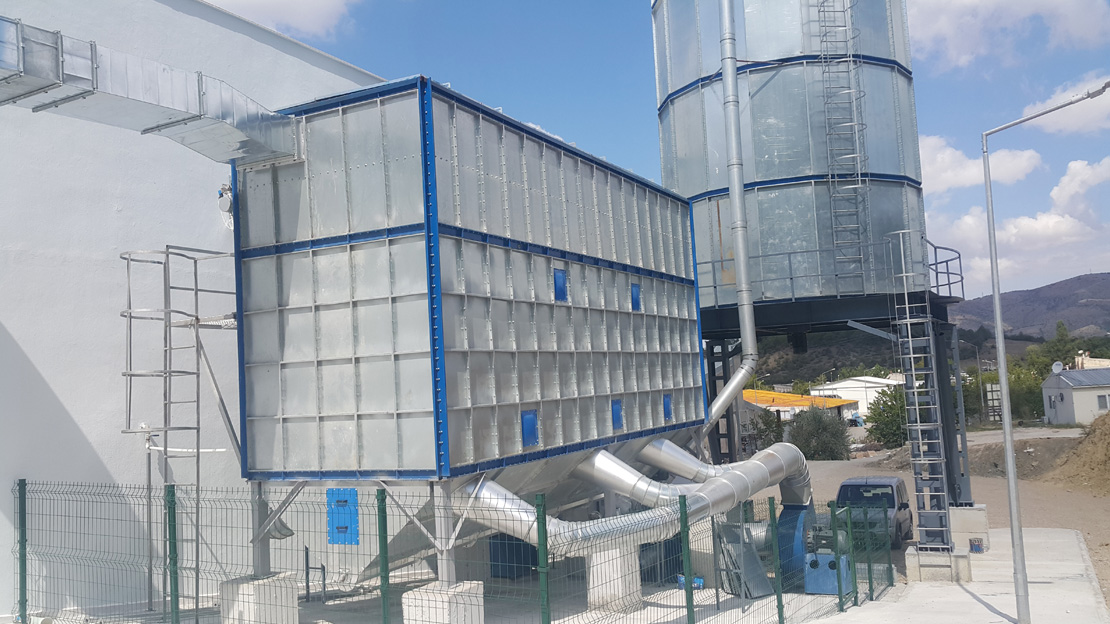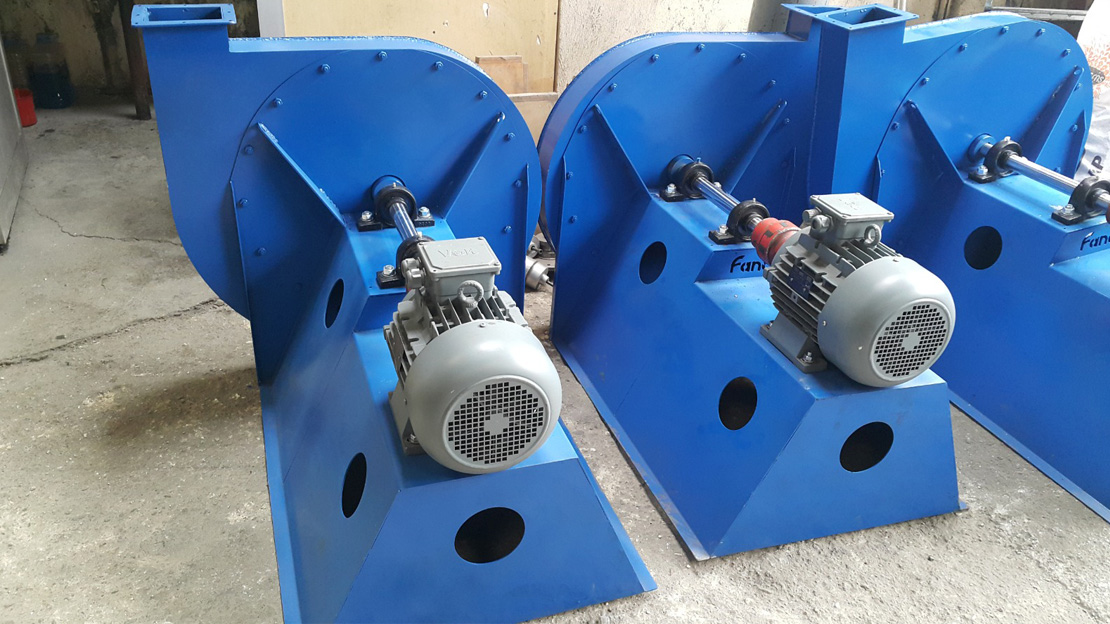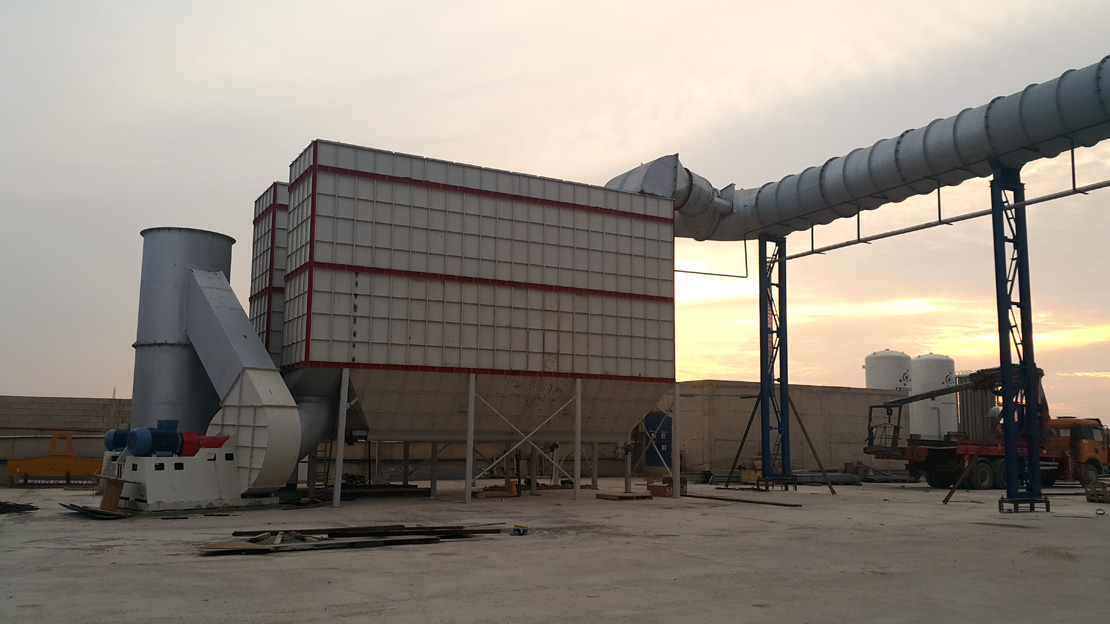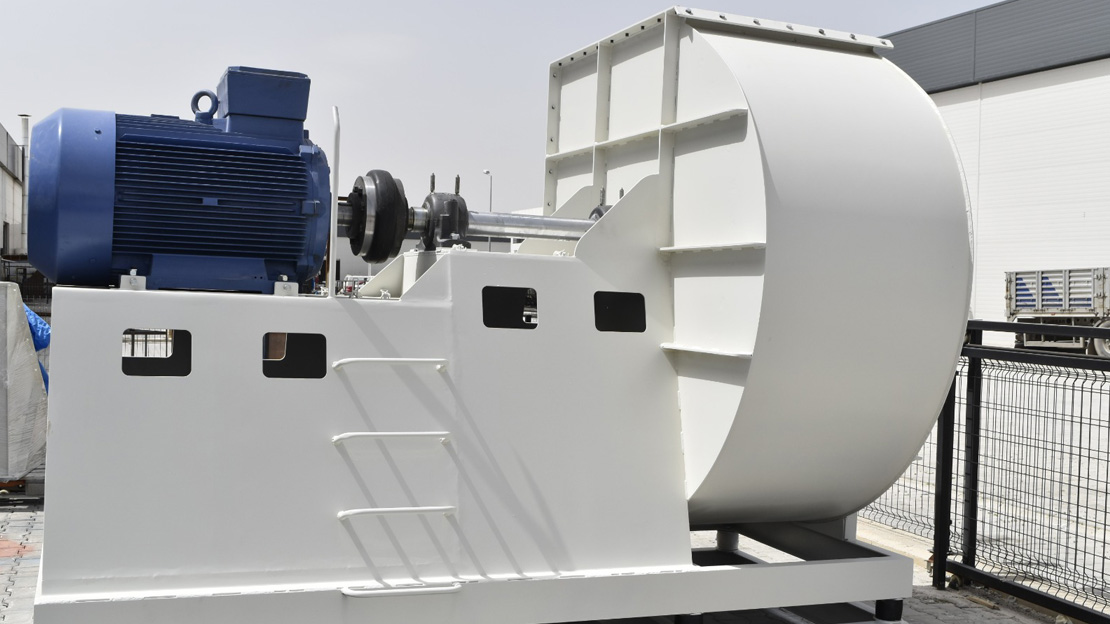








what does dust collection mean? the type of filter media you choose affects your system startup and long-term maintenance costs. ıf your particle is too fine but your filter media is not efficient enough, you can pass dust through your filter and return to your facility. not choosing the right media or the right amount of media can result in short filter life and an unnecessary cost to operate your dust collector. bag filters this type of filter consists of cylindrical bags (or tubes) made of fabric. bag filters are typically used for heavier loading applications. bag filter efficiencies are close to five microns. cloth bags typically have a longer service life than cartridge filters and can handle a more demanding application with heavier dusts such as wood and grain dust. bag filters are most effective when the particle is larger and the loading is excessive. cartridge filters cartridge filters are very efficient for fine dust and lighter loading applications such as welding, plasma, laser, grinding, blasting and other fume or fume applications. cartridge filters work efficiently down to 0.3 microns. two common types of cartridge filters are: nanofiber filter: available in standard or flame retardant version and extremely effective on very fine particles. ın other words, nanofiber filters are better for very fine dust and lighter loading whereas polyester filter works better with larger particle and heavier loading.
spunbond polyester filter: this filter is a much heavier/thick media and is more durable. while polyester is typically not as efficient as nanofiber media, it is still very efficient and more durable. air-fabric ratio the air-to-fabric ratio, also called the air-to-media ratio, is a measurement of the amount of air passing through one square foot of filter media. ıt is often used as a simple way of specifying the ratio between cubic feet per minute (cfm) and square feet filter area. the air-to-fabric ratio is determined by your application. once we know the application and the required cfm, we can determine the size of the dust collector required for optimum filter life. the air-to-fabric ratio is important because it can provide good guidance when determining the size of the dust collector required for a given amount of air. for example, a plasma cutting application with a 1.5:1 air-to-cloth ratio may have an expected filter life of one year, while a media source application with an air-to-cloth ratio of 3:1 may have an expected filter life. filter life of three years or more. ın this example, a higher air-to-fabric ratio provides better filter life expectancy. cartridge collectors are typically designed to operate at much lower air-to-fabric ratios in the baghouse.
Bu site çerezler kullanır. Sitede gezinmeye devam ederek çerezlerimizin kullanımını kabul etmiş olursunuz.
Daha fazlası